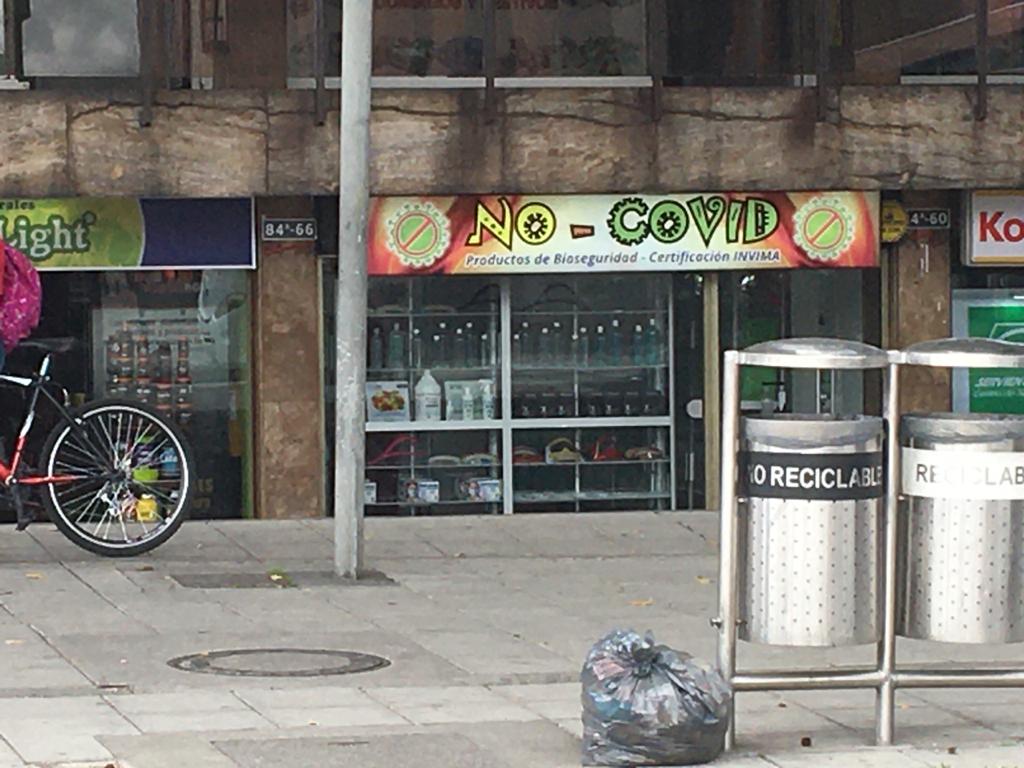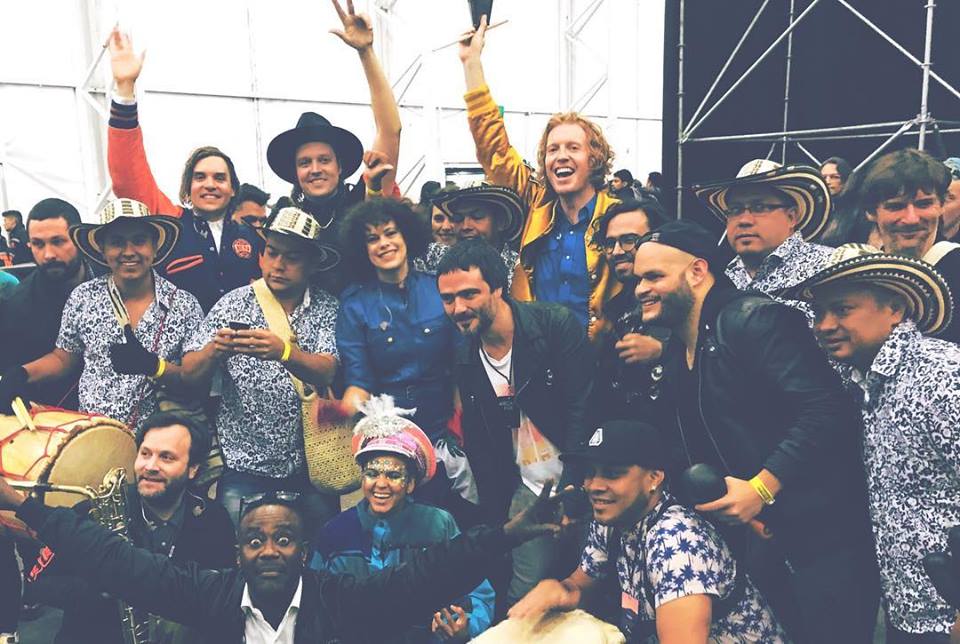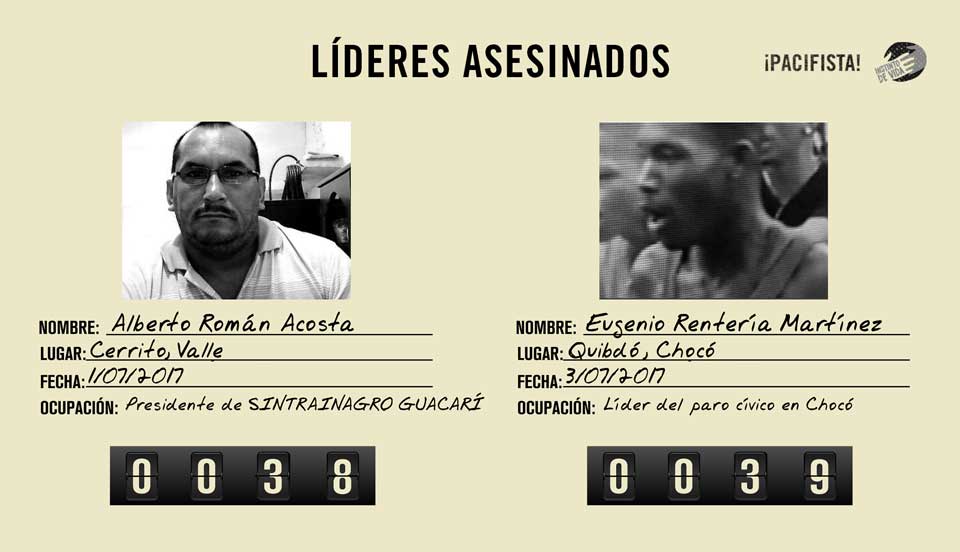As we enter an official third wave, public appetite for lockdown is stretching ever-thinner.

A red alert has been announced! A year ago, that sent a shockwave of fear and worry through the capital. Now though, we are all somewhat numbed and deadened to it. Like the boy who cried wolf, mayor Claudia López is struggling to convince people of the necessity of lockdown. As the rationality behind lockdown becomes miscommunicated or poorly applied, more and more people are losing faith, as they are worldwide.
She’ll get little sympathy from here – her communications have been consistently wayward, confusing and irritating. Above all, many have come at the last minute. Also, I have two wolf-like Siberian huskies, and Claudia slapped one of them in the face on Séptima once.
What does any of this language actually mean? What’s the difference between a curfew and a mobility restriction? Why is three-quarters full a red alert? It’s hard to know if we should worry about third waves when the second wave passed largely unnoticed. It’s hard to know what is so bad about a red alert when we’ve had so many. We’re being told that we really, should, must, have to follow the rules this time…but only till Monday.
In fairness, similar stories are being told in cities all over the world. As authorities try to balance the spread of the virus against people’s economic and mental wellbeing, it can feel like a never-ending COVID see-saw. It’s natural to feel frustrated with ever-changing rules about what we can or can’t do.
People aren’t following the rules
Many people are simply ignoring many of the rules. This really runs the gamut – poorer barrio tiendas operating as normal or with lock-ins; rich folk swanning off to fincas or abroad; private, unregulated parties all over the place; street sellers working openly; dog walkers clearly overrunning 20mins; parks filling up; smaller businesses not applying pico y cédula.
This might not be fair to the businesses that have to tow the line, but it’s also the logical extension of hearing repeated warnings of doom and gloom. After a while, the non-arrival of said doom makes people complacent. Of course, the doomsday scenario may not have arrived precisely because of these measures, but that’s by the by. There’s been little in the way of useful communication along those lines.
It’s also not helping that the measures seem ever more bizarre. There’s little rhyme or reason to much of it and contradictory parts abound. I can exercise for an hour; my dogs only for 20 minutes. It’s fine to have a beer with friends in a bar on juernes, but not Friday. Then the rules change week-to-week. Friday night was free last week, this week it won’t be. All of this erodes trust.
There’s little to no enforcement of many COVID rules much of the time. The big obvious places are kept in check by the alcaldía, but smaller places fly under the radar with ease. The police appear to have equally little appetite for enforcing unpopular rules – the parque nacional may have been officially closed last weekend, but plenty of people visited it in the clear light of day.
For now, people are broadly following both the spirit and letter of the law. The question is, how long will that continue, and can we rebuild trust? After all, the number of people reluctant to get vaccinated is already high and rising.





